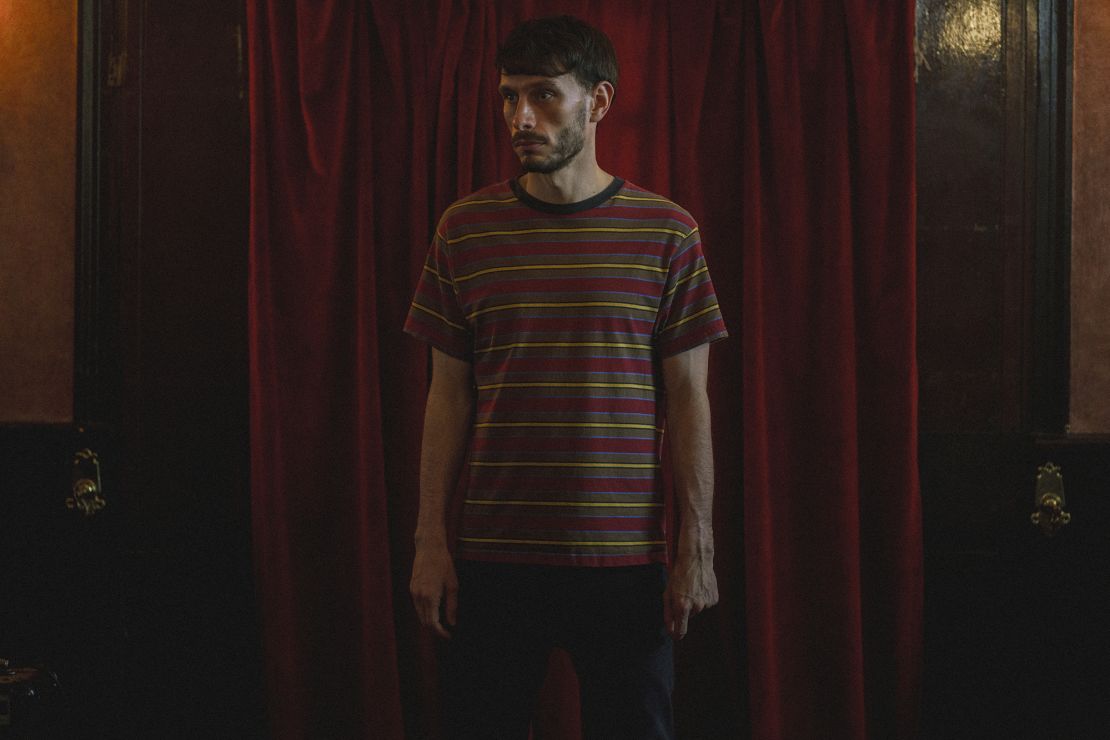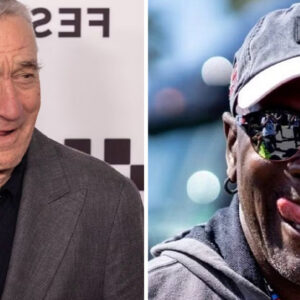

Judge Klausner further noted that while the actions of the individual, Fiona Harvey, are “purportedly reprehensible,” the manner in which these actions were portrayed in the series could lead to varying perceptions among viewers. He indicated that the defendants’ argument—that statements regarding Harvey were “substantially true”—fails to hold up at this stage in the proceedings.
A spokesperson for Netflix responded to the ruling, stating, “We intend to defend this matter vigorously and to stand by Richard Gadd’s right to tell his story,” without providing additional comments beyond their initial statement regarding the lawsuit. CNN has reached out to Gadd for further comments on the matter.
In the Emmy-winning miniseries, Gadd shares his harrowing experiences of being stalked by a woman who inundated him with over 40,000 emails and hundreds of hours of voice messages. Since its debut in April, the show has dominated most-watched lists globally, sparking considerable media attention and speculation about its characters and the real-life inspirations behind them. Online detectives quickly identified Harvey as the “real Martha Scott,” leading her to file a complaint in June in the District Court for the Central District of California. She seeks a jury trial and damages totaling $170 million.

Gadd has previously described the story as “very emotionally true,” emphasizing that while he aimed to tell an authentic narrative, he also wanted to maintain an artistic element and protect the identities of those involved. Despite his repeated pleas for audiences to refrain from seeking out the real-life figures behind the story, his requests largely went unheeded.
In her lawsuit, Harvey points out “several key differences” between herself and the character of Martha, who stalks Gadd’s character, Donny Dunn. She contends that viewers have mistakenly concluded she is a “twice-convicted criminal” who served five years in prison for stalking, among other accusations. Harvey denies that she stalked a police officer, sexually assaulted Gadd in an alley, violently attacked him, or waited outside his home for up to 16 hours each day.
Judge Klausner addressed Netflix’s assertion that the characterizations were “substantially true,” a common defense in defamation cases arguing that the overall gist of a claim is accurate. Netflix claimed that while Harvey is not a twice-convicted criminal, there were insinuations that she could have been convicted and sentenced for stalking. They also stated that she had inappropriately touched Gadd without consent, a point which he and his legal team countered.
Klausner disagreed with Netflix’s argument, stating, “There is a major difference between stalking and being convicted of stalking in a court of law. Likewise, there are major differences between inappropriate touching and sexual assault, as well as between shoving and gouging another’s eyes.”
The judge also highlighted the possibility that Harvey could prove “actual malice” if it can be shown that Netflix knowingly portrayed fictionalized events as fact. He referenced reports from The Sunday Times that indicated Gadd had concerns about representing “Baby Reindeer” as entirely factual, particularly as the original stage play from which the miniseries was adapted was described as “based on a true story.”
While Judge Klausner allowed Harvey’s defamation and intentional infliction of emotional distress claims to move forward, he did dismiss her negligence, gross negligence, and right of publicity claims, along with her request for punitive damages.





